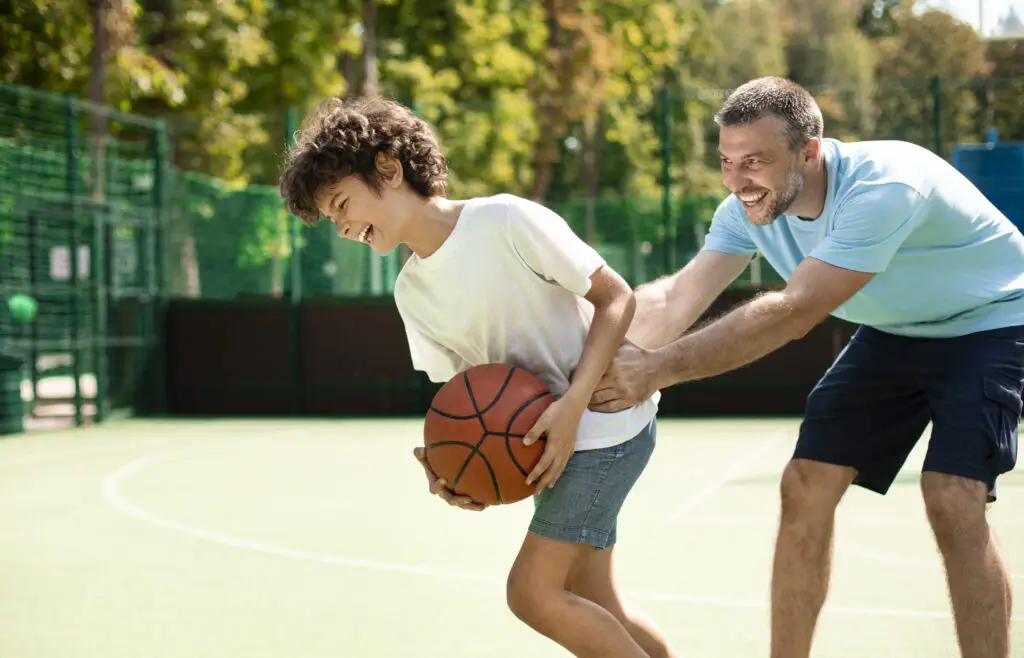Play Causes Good Communication
My friend Bob told me a story about a season in his life when he and his son, Ryan, were struggling. Ryan had reached the magic age of 13, copped an attitude, wanted his freedom and moved his dad from the top of his priority list to somewhere right below math word problems and just above chores. The one thing they still had in common was a love for basketball.
Bob made two very good decisions to keep the communication lines open. He bought two season tickets for the local university basketball team for his son and himself. Then he went to the local Wal-Mart and brought home a basketball hoop for the driveway. Between watching university basketball games together and almost daily playing one or two games of basketball together, Ryan and his dad kept improving the communication lines.
Bob, who is a pastor, told me that for most of that year, his son showed little to no interest in attending their church. About the same time that Dad had been demoted on the son’s priority list, so had God. My friend was obviously concerned and had tried several times to have a formal talk with his son about God. But as Bob phrased it, “My son blew me off every time.” Then one day in the middle of a particularly competitive game between father and son, Ryan stopped playing, looked at Bob and asked, “Dad, do you think God could love a guy like me?” Bob smiled and said, “Yes, I do think God can love a guy like you, Ryan. Now take the ball out, and we can finish this conversation after I win this game.” After the game, father and son sat on the driveway and talked for an hour about spiritual issues. Bob was able to pray with his son to make a life-changing commitment to Christ.
When I asked Bob who won the game, he said, “I don’t remember!”
Why is it that most of our finest conversations do not take place when we sit our children down for a big talk? Spontaneous communication is almost always better because it is a deposit into your child’s emotional bank account. Usually the best mutual exchanges take place while taking a walk, playing a game, eating ice cream or doing anything fun or out of the ordinary. Educators call this “hidden curriculum”—it’s almost always what takes place outside the classroom that is the best learning experience.



